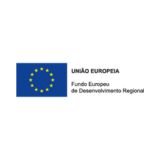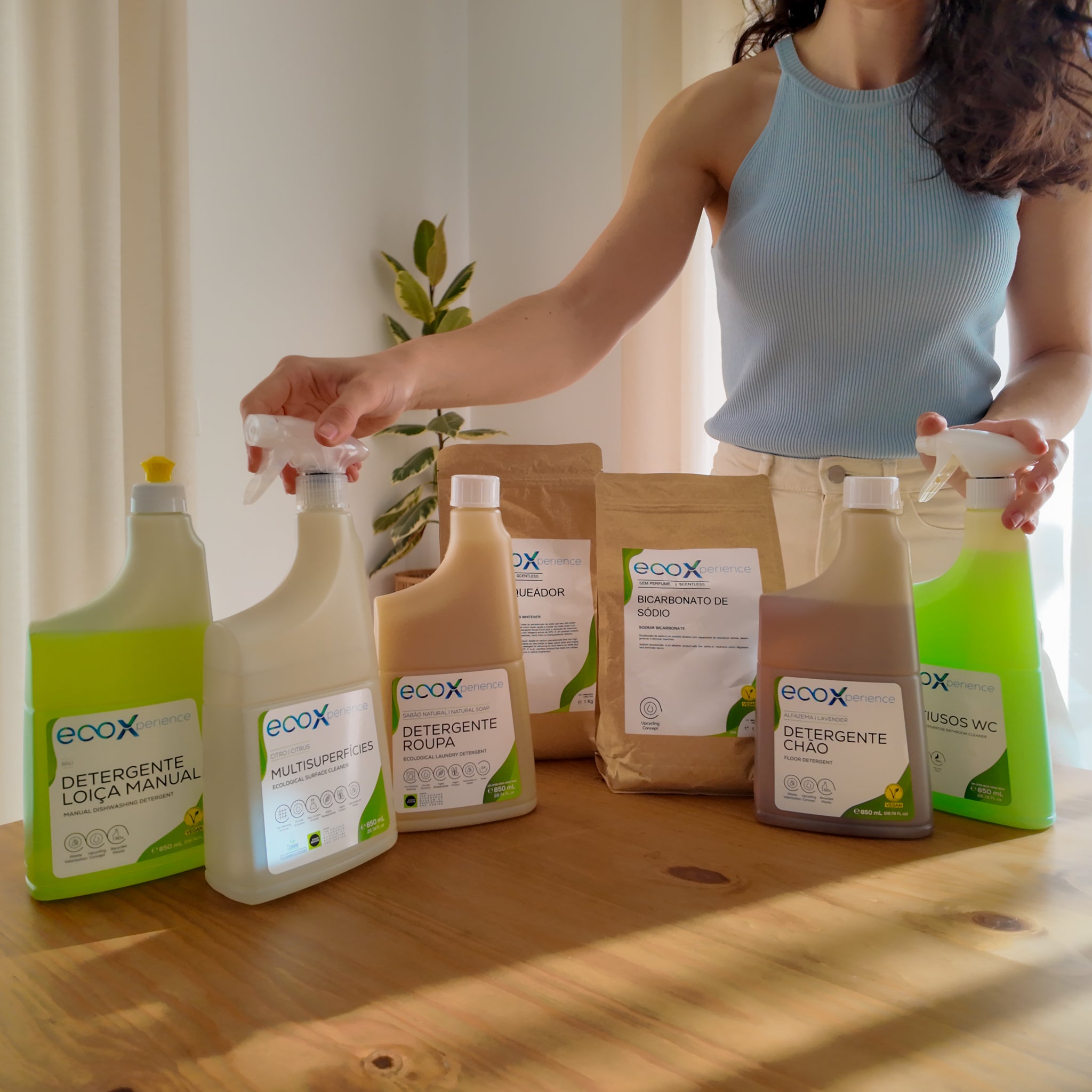EcoX Project, Recycling Food Fats through Green Chemistry
Project name: EcoX Project, Recycling Food Fats through Green Chemistry
Project number: 033838
Project code: CENTRO-01-0247-FEDER-033838
Main objective: OT1 - Strengthen research, technological development and innovation.
Develop robust saponifying capsules, consisting of agents for purifying vegetable/animal fats, agents for transforming them into soap and additives to improve emulsifying/detergency power.
Intervention Region: Central Regional Operational Program
Lead Promoter: Ecoxperience, Lda
Co-promoter 1: University of Coimbra - https://www.uc.pt/
Co-promoter 2: Tecnocanto - Tecnologia de Sistemas e Equipamentos Industriais, Lda - https://www.tecnocanto.pt/
Approval date: 03/20/2018
Start date: 07/01/2018
Completion date: 07/31/2021
Total Eligible Cost: 677,305.33 EUR
Non-Refundable ERDF Fund Incentive: 486,398.89 EUR
Project description: EcoXperience - the coordinating company of the consortium and aggregator of information and knowledge of this project - aims to develop with this project a new valorization of vegetable (and animal) fats for the production of cleaning and personal hygiene products.
Currently, the company is a pioneer in the commercialization of an educational product for saponification of edible oils aimed at children and with this project it intends to extend this concept to an industrial aspect. This new scientific aspect will allow the HoReCa channel (Hotels, Restaurants and Cafés) to recycle used cooking oil with economic benefits. Alongside this research, this project will address the recycling of animal fats, through their bio-transformation into highly safe and effective cleaning products.
EcoXperience holds the exclusive exploitation rights of a national patent on the use of proteins (enzymes) as a substitute for caustic soda in the saponification of used cooking oils. This property encouraged the company to produce an innovative concept of a saponifying capsule - unique on the market - to be developed in this project and which will allow the transformation of cooking oil into low-cost cleaning products in a single step.
The project will have as co-promoters - in addition to EcoXperience - the University of Coimbra, as a pool of knowledge in the scientific area of the project and responsible for investigating the different saponification processes and accelerating agents, and Tecnocanto as a company that will carry out research and development of a dedicated extrusion line with the capacity to produce saponifying capsules for domestic and industrial use.
At the same time, the project will count on the partnership (entity not co-promoter) of Sonae MC as a supplier of business sense, marketing and design, and potential client at the end of the project. During the project, Sonae MC will also be responsible for supplying animal and vegetable fats that will serve as the basis for the research process.
The project is ambitious and involves disruptive innovation, supported by a balanced consortium that covers everything from fundamental molecular studies to retail sales through the partnership with Sonae. The solution presented in this project - by intervening on a relevant environmental concern - is supported by several academic, political and environmental entities.
Project objectives:
- Develop robust saponifying capsules, consisting of agents for purifying vegetable/animal fats, agents for transforming them into soap, and additives to improve emulsifying/detergency power.
- Develop a new innovative family of cleaning products, using saponifying capsules that allow the biotransformation of used cooking oils and other fats. It will be the first family of this type of product on the market.
- Ensure that the family of products described has high efficiency in cleaning surfaces.
- Valuing domestic waste from used food fats which, if not recovered, would constitute a persistent environmental problem with a high financial impact.
- Identify synergies between enzymes of various origins and various compositions to accelerate the process of saponification of triglycerides and, therefore, develop a process for converting oils, olive oils and animal fats into cleaning products, which is simple, fast and efficient to be later used on a large scale.
- Create a list of proteins (enzymes), or mixtures of proteins with additives, that best fulfill their function as saponifying agents, for each hydrophobic system (oils of different origins, olive oils and animal fats). The structure-activity relationship of proteins will be identified.
- Identify hydrophilic polymers that can function as casings/packaging (stable and robust) for the emulsifying product and simultaneously as rheological controllers for the products.
- Identify new saponifying agents and their respective optimal performance conditions.
- Develop a production line for saponifying capsules.
- Prepare the market for this new concept of cleaning products, through various project publicity options.
logo list











